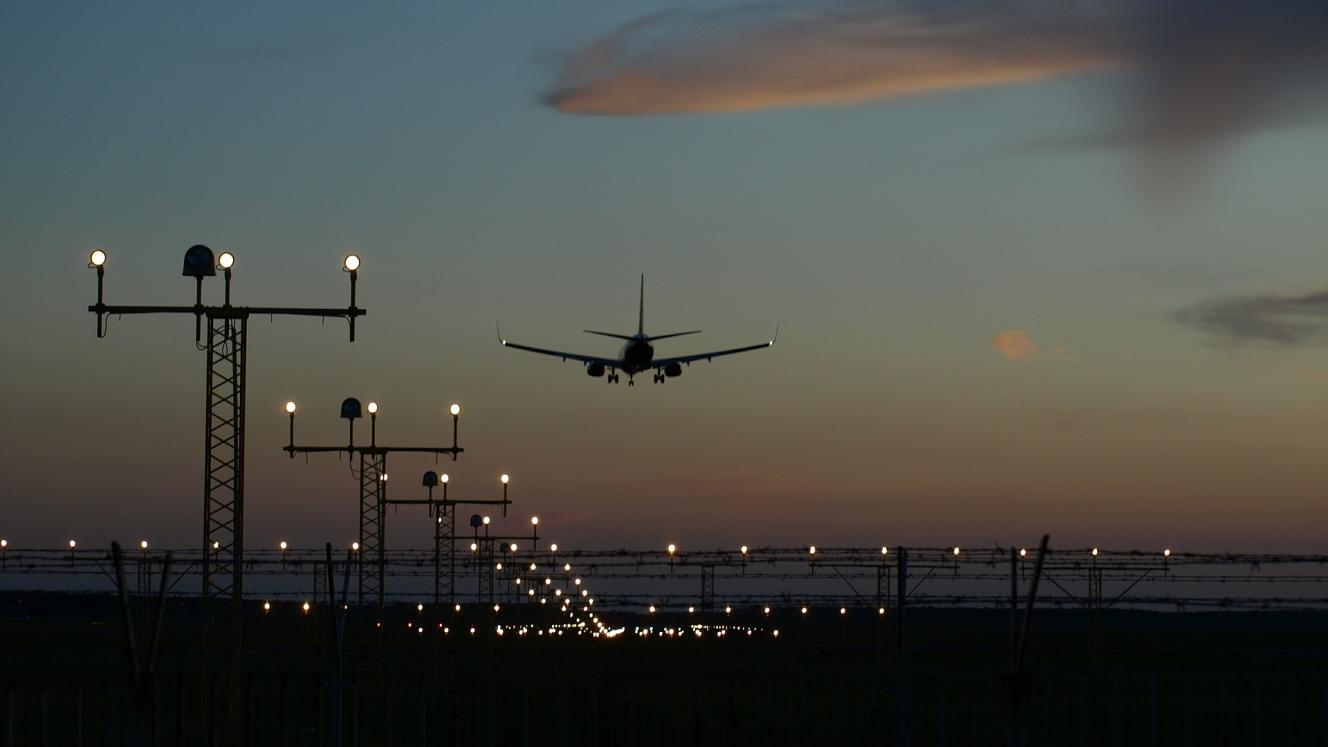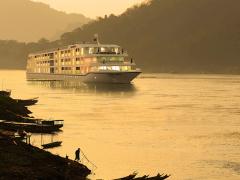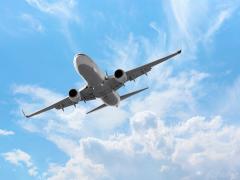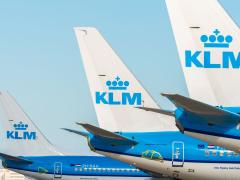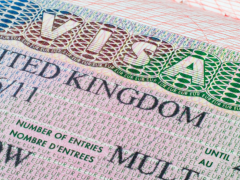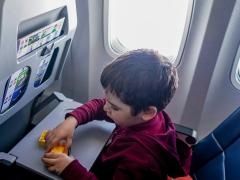As suspended flight procedures pile up, the financial and operational toll of Air Traffic and Navigation Services’ (ATNS) ongoing compliance crisis is escalating – and disrupting airlines, inconveniencing travellers and draining local economies reliant on air connectivity.
The issue came to the forefront in July 2024, when ATNS indefinitely suspended 226 instrument flight procedures (IFPs) across South Africa when it missed an International Civil Aviation Organization (ICAO) extended deadline to complete the paperwork to renew their validity. A backlog of 208 suspended procedures remain suspended.
On October 8, ATNS suspended additional IFPs at Kruger Mpumalanga International Airport (KMIA), Pietermaritzburg, Richards Bay and Mthatha, causing multiple delays, diversions and flight cancellations. Airlines have noted that the suspended IFPs have primarily affected flights to KMIA, as reported by Travel News.
“The suspension of the instrument flight procedures by ATNS is not due to any non-compliance by KMIA,” clarified Grant Ponting, CEO of KMIA.
FlySafair’s Chief Marketing Officer, Kirby Gordon, reported that the airline had to cancel three flights and divert two over the past few weeks, due to the suspended IFPs at Kruger.
Since October 8, Airlink has had almost 4 000 passengers inconvenienced due to the suspended IFPs, including 2 300 passengers affected by cancelled flights and 1 610 by delayed flights.
“Under normal circumstances our flights to and from these destinations would be permitted to operate in the present summer weather. However, the suspension of the IFPs places severe limitations on flights,” Airlink CEO, de Villiers Engelbrecht said in a statement.
Technical resources depleted
Mphilo Dlamini, ATNS Head of Corporate Affairs and Communications, explained that the backlog in suspended IFPs was due to a shortage of procedure design specialists and that ATNS expected to complete its procedure maintenance programme by April 2026.
However, Linden Birns, MD of Plane Talking, explained that this maintenance was actually a backlog of paperwork.
“When ATNS talks about maintenance, it is literally talking about a paperwork compliance exercise. This means it has not completed the paperwork to maintain the validity of the procedures. It does not involve any servicing or repairs to equipment or physical infrastructure,” said Birns.
Additionally, while there is an international shortage of procedure design specialists, Birns points out that industry stakeholders have offered ATNS assistance with improving their capacity.
“What the industry is saying is that if ATNS engages with them, they can develop a solution. And if the issue is around resources, budget and capacity, they can come up with a collaborative solution,” Birns explained.
In the interim, Dlamini told Travel News that ATNS was internally training new procedure design specialists and hiring skills from abroad to mitigate this critical skills gap. Additionally, ATNS will have on loan at least two highly skilled Flight Procedure Designers from Dubai Air Navigation Services over a period of three years, as reported by Travel News.
Economic disaster
“The failure to design, manage and maintain airspace cannot be dismissed as an ‘inconvenience’. It needs to be seen for what it is; an economic disaster which demands a commensurate emergency disaster response. The lack of urgency is reflected in the glacial pace at which approval renewals were being processed,” Aaron Munetsi, CEO of Airlines Association of Southern Africa said during the Aasa AGM in Lusaka last week.
Birns said the ongoing issue severely impacted different parts of the South African economy, including airlines, their passengers and destinations.
Airlines are forced to pay for additional fuel when they are diverted, have to sit in a holding pattern, and when there are delays on the ground and the aircraft engine is kept running.
“Airlines have to pay statutory charges to ATNS, but they also incur additional charges from ATNS if they have to divert an aircraft and they do not get compensated in situations like this,” said Birns.
Additionally, airlines are paying to take care of their passengers who face flight delays and cancellations. Airlines had to assist them with food and snacks, overnight accommodation and rescheduled flights, he explained. This also takes a toll on airlines’ reputations with their customers, who are more frequently inconvenienced.
“The wider economic impact is that these suspended procedures also affect so many fragile economies around the country, such as Richards Bay, Kimberley, Mthatha and Mbombela, Nelspruit. KMIA is not only a gateway to the game parks, it’s also a crucial piece of economic infrastructure for the Mpumalanga economy,” said Birns.
Airlink noted that many of its impacted passengers were tourists visiting the Kruger National Park and other prime tourist attractions in the Mpumalanga and KwaZulu-Natal provinces.
In a comment on Tourism Update, Jabu Matsilele explained that a group of overseas tourists had missed two full days of their travel itinerary because their flight between KMIA and Victoria Falls had been cancelled.
“This situation reflects very poorly on Destination South Africa and creates a negative impression for international visitors who have invested significant time and resources into their travel experience,” said Matsilele.
